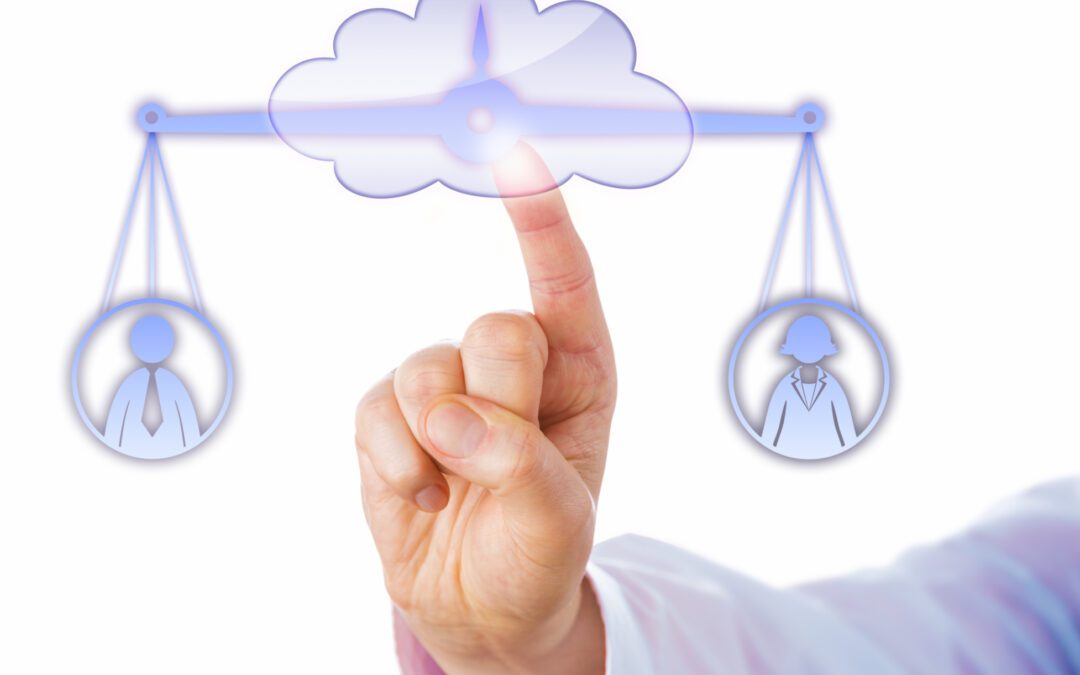How can companies most effectively and ethically engage consumers across a connected brand and product ecosystem, balancing the drive to innovate and personalize, with privacy safeguards and responsibilities? How can they do so in ways that deliver actual value, protection, education, respect, and assurance and not creep people out in the meantime?
These questions are central to ongoing research conducted by myself, Jessica Groopman, an industry analyst at research firm, Altimeter Group. I am also working in collaboration with Jared Bielby, Co-Chair of the International Center for Information Ethics specifically to explore the ethical, cultural, and political implications.
We’d like to invite you to share your insights, case examples, references, anecdotes, resources, or anything else as we embark on this journey. This research will also explore how location, environment, and policy inform best practices, frameworks, and templates companies can employ to foster trust with consumers.
Key Areas of Research
Trends & Challenges
- What are some of the unique differences or implications the Internet of Things brings to the imperative to secure and use consumer data ethically?
- What are the key facts and questions consumers must understand and know to ask?
- How should we (industry, government, consumers) think about ‘control,’ ‘ownership,’ and data? What are examples of transactional models that are working?
- What are the most critical risks of implementing IoT/ sensor-based use cases? How can brands think about designing IoT experiences that are not overly invasive, cumbersome, or creepy?
- How can and should the industry account for differing cultural considerations and priorities around consumer trust?
Ethics & Policy
- How can industry, government and culture assure the continuity of an established ethical foundation regarding data control over extended periods of time?
- How can industry, government and culture assure that issues of personal data collection, protection and dissemination remain ethically secure in the event of the transfer of ownership, government, or law?
- What potential ethical, psychological or philosophical issues might arise with IoT due to the personalized branding built off the autonomy of the individual?
- How can a connected brand and product ecosystem be held accountable to the unseen consequences of a mutually formed relationship created between technologies and individuals?
- In terms of litigation, who can be held responsible for any potentially negative ramifications of an interconnected IoT whose influence cannot be traced back to specific bodies?
Collaboration & Solutions
- How can industry address risks related to consumer data? What are the most critical criteria to consider when developing communications, information architecture, and services related to privacy and protections?
- How do you think organizations should update/amend how they collect and/or how they message consumers about collecting their data?
- How can the industry better collaborate with consumers to build trust around how their data is used (and not antagonize them)?
- How can the industry better collaborate with policy-makers to create effective legislation around the ethical use of consumer data in the IoT?
- What are examples of existing or pending research, legislation, proposals that should be carefully considered as legal or ethical templates?
- Should the consumer have a choice to “opt-out” of the IoT interconnectivity experience? Should there be alternative services available from companies to consumers in an IoT structured brand and product ecosystem? If so, what will such alternatives look like?
We welcome your insights:
- Discussion:
- If you’re willing, we would like to schedule a brief call (20-30 minutes) to discuss the above topics
- We will conduct these calls over the phone, via conference bridge
- We’d like to schedule these interviews over the next 4 weeks, if possible
- Email:
- Feel free to email your input directly: [email protected] and [email protected]
Altimeter believes in transparency in its research and plans to feature interview findings in the final report. All participants will be given a draft copy of the report to review prior to publication; all requests for anonymity and information subject to non-disclosure (NDA) will be honored. This report will be made freely available online under Creative Commons license, as is all of Altimeter’s research. For more information on our open research policy, please visit our website here: http://www.altimetergroup.com/research


